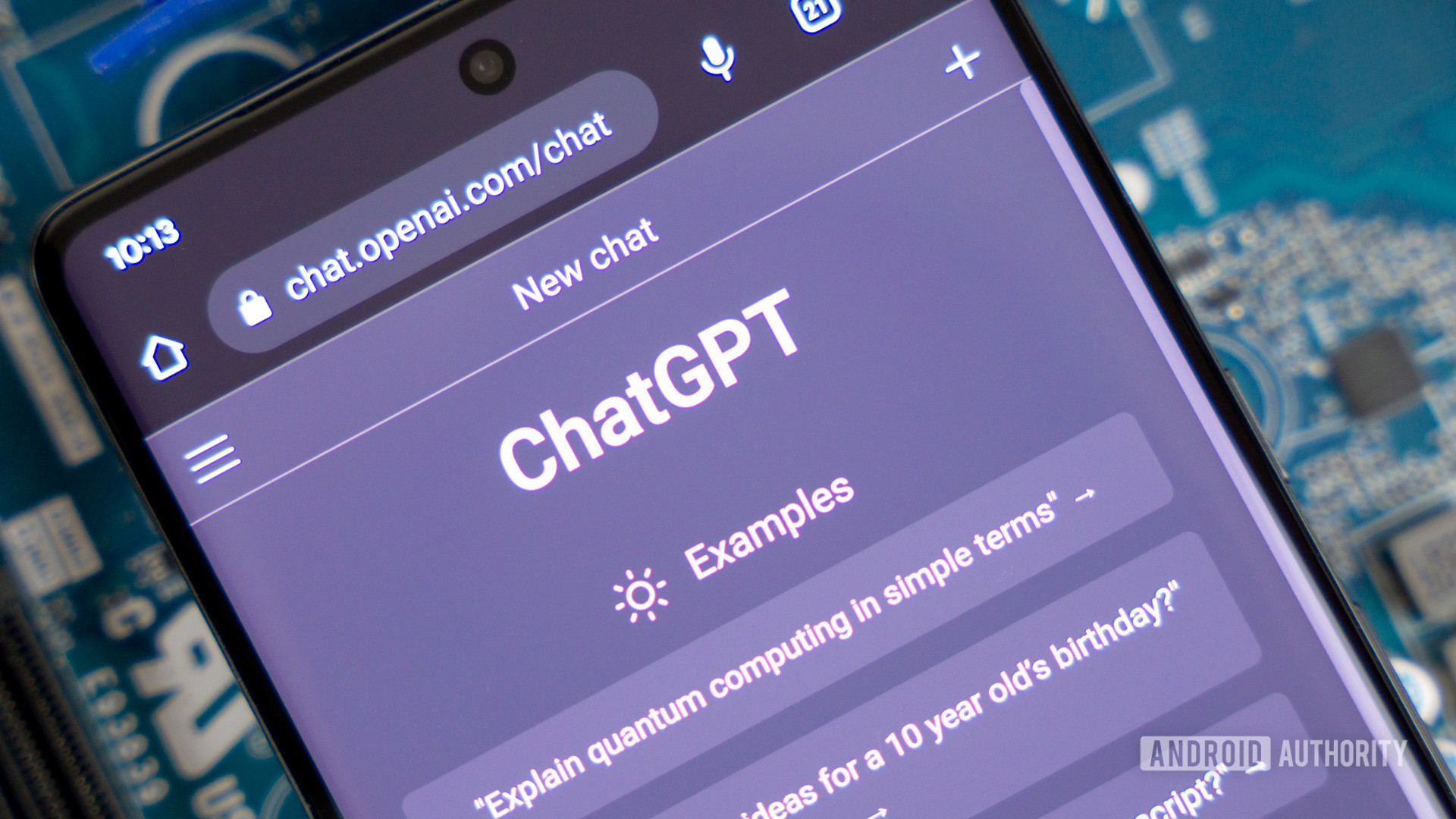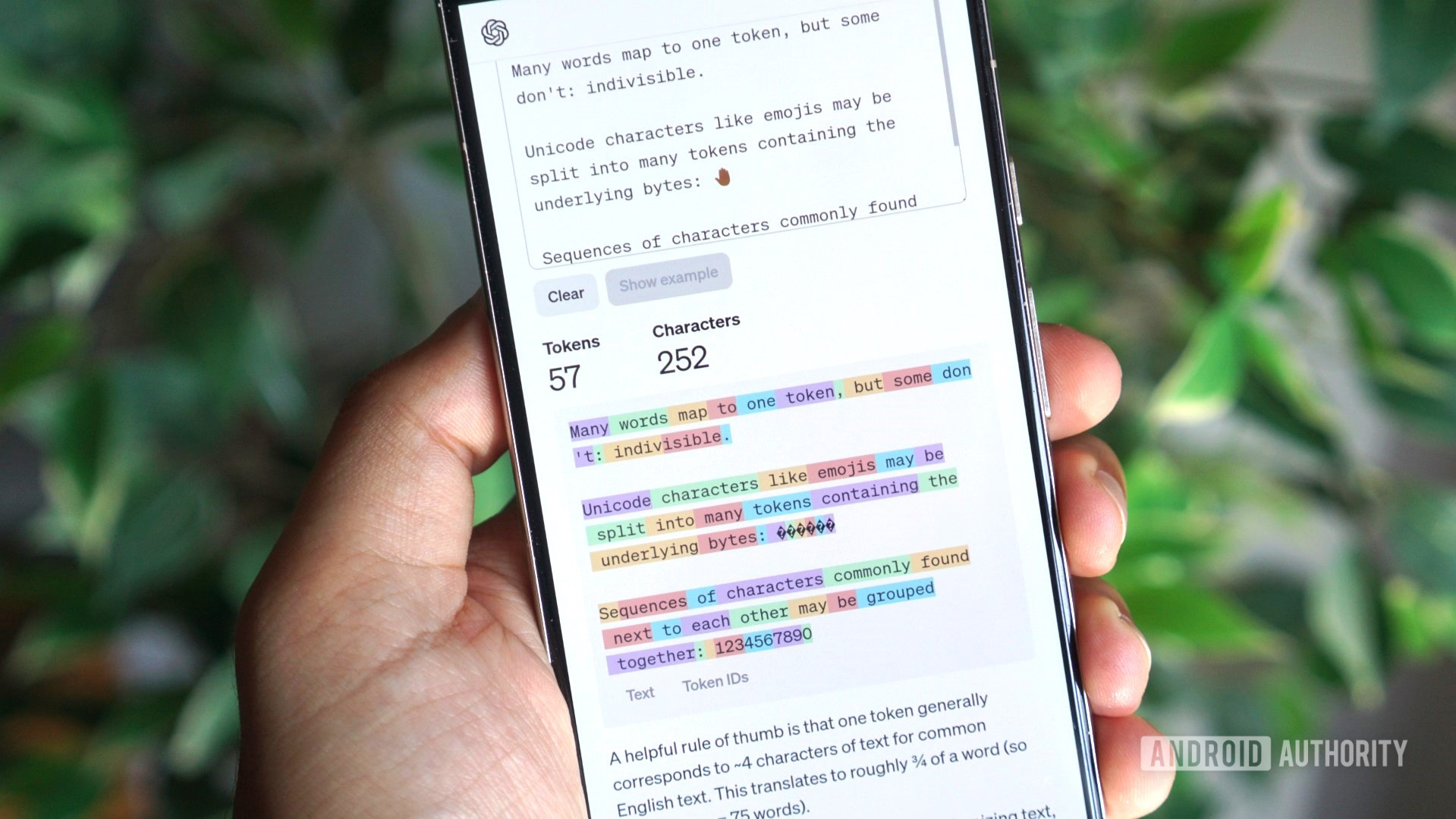Affiliate links on Android Authority may earn us a commission. Learn more.
OpenAI has developed a 99.9% accuracy tool to detect ChatGPT content, but you are safe for now
Published onAugust 5, 2024

- OpenAI has developed a method to detect when someone uses ChatGPT to write essays or assignments.
- The method utilizes a watermarking system that is 99.9% effective at identifying AI-generated text.
- However, the tool has not yet been rolled out due to internal concerns and mixed reactions within the company.
When OpenAI launched ChatGPT towards the end of 2022, educators expressed concerns that students would use the platform to cheat on assignments and tests. To prevent this, numerous companies have rolled out AI detection tools, but they haven’t been the best at producing reliable results.
OpenAI has now revealed that it has developed a method to detect when someone uses ChatGPT to write (via The Washington Post). The technology is said to be 99.9% effective and essentially uses a system capable of predicting what word or phrase (called “token”) would come next in a sentence. The AI-detection tool slightly alters the tokens, which then leaves a watermark. This watermark is undetectable to the human eye but can be spotted by the tool in question.
This technology is ready to be rolled out (and has been so for nearly a year), but the company has yet to do so because the project has been met with mixed reactions internally. On the one hand, launching this tool might mean pushing away a section of ChatGPT’s user base, but it also means that the artificial intelligence startup would be standing by its commitment to ensure transparency.

Additionally, the reporting outlet noted that an OpenAI spokeswoman revealed that the firm is concerned the tool could “disproportionately affect groups such as non-native English speakers.” Still, key employees within OpenAI who support the tool’s release believe that the technology can do a lot of good and, thus, shouldn’t be delayed any longer.
Generative AI tools like ChatGPT and Gemini can answer questions and write entire research papers based on a few, or sometimes even just one, well-directed prompts for free. You can imagine just how much these tools have changed things for both educators and students.
There is a caveat, though. Watermarks created by AI tools can often be erased by simple techniques like having the tool add emojis to the text and then deleting them manually or using Google Translate to change the text to another language and then translating it back to English.
Additionally, another concern about releasing an AI text detector is that if too few people use the platform, the tool wouldn’t really have any use. On the other hand, if too many people use it, it’s likely that OpenAI’s watermarking technique will not remain a secret for too long.
Only time will tell if the artificial intelligence startup is prepared to change things for itself and educators by releasing such a tool.